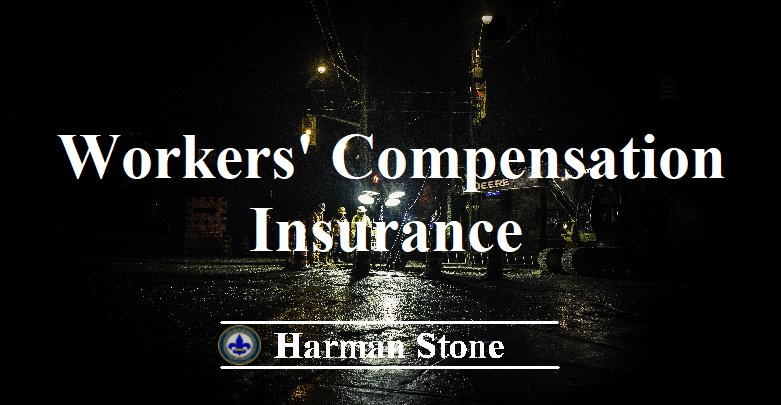“Selling health insurance across state lines” is a bad idea. It is an idea that has been condemned by both the Academy of Actuaries as very unlikely to produce any noticeable cost savings, whatsoever. However, it would destroy the state regulated insurance industry that has served consumers well since 1945. Further, it would lead to the Federalization of health insurance and the rest of the insurance industry. This would be a gift to the Democrats when they inevitably return to power as they pursue their quest for an even greater role, for a Federal takeover of healthcare, and for Single-Payer – all without any upside.

The insurance carriers that sell health insurance in each state – individual or group – essentially file the same product in each state – within the bounds of individual state mandates. Essentially rates differ from state to state according to the risk experience in each state. This acts as a safety-valve, much like the water-tight compartments on a ship. Problems can be isolated and corrected.
Interstate sales of insurance would allow insurers to choose their regulator, the very dynamic that led to the financial collapse of 2008. It would also make insurance less available, make insurance companies less accountable, and prevent regulators from assisting consumers in their own states or any other states.
It has been said by the National Association of Insurance Commissioners (NAIC) – the association for all state regulators – that “interstate sales would start a race to the bottom by allowing companies to choose their regulator.” This would be inevitable. Allowing banks and financial institutions to choose their own regulator was a major cause of the financial crisis of 2008-2016.

Insurers would seek the regulatory environment – state – that would most aggressively enable them to cherry-pick the healthiest applicants – textbook “adverse selection.” While those individuals in near perfect health would be able to find less expensive policies, the less fortunate would face steep premium increases – IF they could find any coverage at all. This would result in textbook “adverse selection” – the insurance nightmare. In states with robust consumer protections, insurers could reap huge profits by skirting these rules.
Some say mandates are the reason insurance is more expensive in some states than in others, and further assert interstate sales would lower premiums by allowing people to forgo benefits they don’t want. This is categorically false. It isn’t about mandates. According to the NAIC, mandated benefits add, at most, 5% to the cost of a policy.

Further, interstate sales would reduce the options available to consumers. Out-of-state insurers – called “alien insurers” – would be able to “lure healthy enrollees away from existing risk pools,” resulting in further “adverse selection” – becoming more sick and expensive until they ultimately failed. Insurance companies that eagerly comply with state consumer protections would be forced by alien competitors to evade them as well. Health insurance policies would become stripped down skeletons of their former selves, as carriers would try to design polices that discourage the most ill applicants from applying. Further, interstate sales would provide an incentive for poorly managed states – with revenue problems – to allow the sale of stripped down policies to consumers in other states. These states would profit hugely – as state governments – from the premium taxes generated by sales to citizens of other states. Ironically, poorly managed states are usually the states that have also poorly managed their healthcare regulation. A state that is poorly managed, and strapped for cash – such as California – would be very tempted to lead this race to the bottom and prey upon the citizens of other healthier, better regulated states.
It has been asserted that policies sold across state lines would be governed “cooperatively” by the states without loss of consumer protection. This is absurd. Allowing insurance to be sold across state lines would eliminate the ability of insurance regulators to assist consumers. Interstate policies would for the first time allow insurers unlicensed in the purchaser’s state to sell health insurance, which would otherwise be felony insurance fraud. State licensing is the mechanism that gives state regulators the “teeth” to act to protect consumers. The regulators of one state have no authority to enforce the laws of another state, or enforce their own laws in the other state. Instead, consumers would have to hope that the regulator in a distant jurisdiction have the ability, resources and motivation to assist consumers nationwide. Or “hope” for an even larger Federal bureaucracy that would be totally unresponsive to the needs of the individual consumer. These consumers would have little recourse to the original state and absolutely no recourse in their own states. Eventually, there would be “paper” recourse to the Federal Government, but has anyone called the Federal Government lately?!
Again, a BAD IDEA – whose time should not come.










